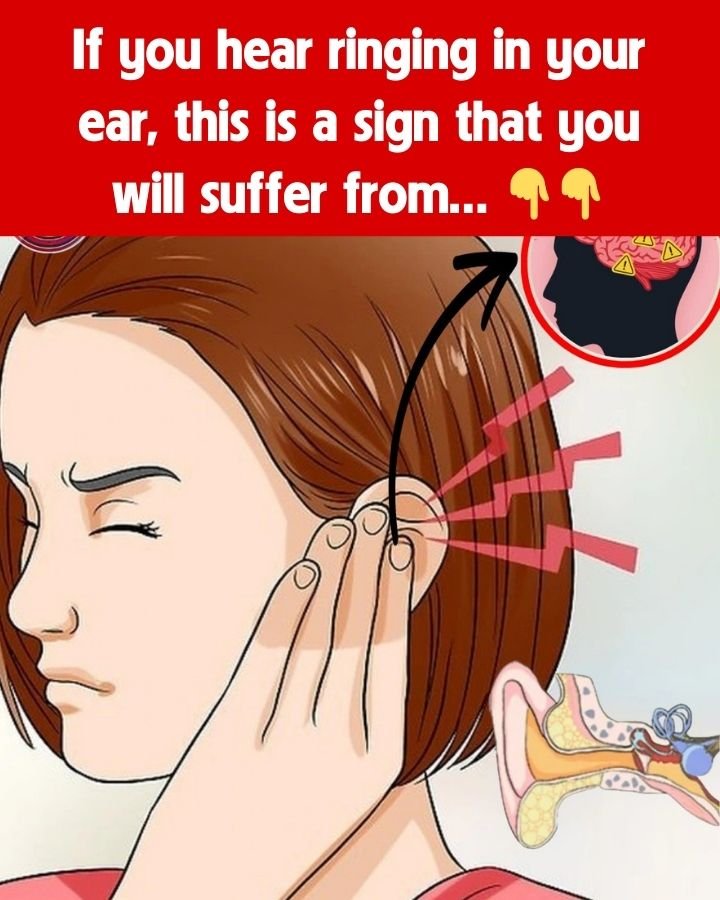Tinnitus, the constant ringing, buzzing, or hissing in the ears, can be more than just a minor annoyance—it can disrupt sleep, concentration, and overall quality of life. For some, it’s a mild background noise that comes and goes, while for others, it’s a persistent and overwhelming challenge. The good news is that while there is no universal cure for tinnitus, there are many effective strategies that can help you take control and minimize its impact.
Understanding the triggers and learning how to manage tinnitus effectively can lead to a better, more peaceful daily experience. In this article, we will explore the causes of tinnitus, common triggers that can make it worse, and the most effective ways to control it—helping you regain a sense of calm and balance in your life.
1. Protect Your Hearing
Avoid loud noises that can lower tinnitus, such as concerts, fireworks, or power tools. Use ear protection ( earplugs or noise-canceling headphones) in noisy environments. Worsen the volume on your devices, especially when using headphones.

2. Maintain Your Ears Clean
Extra earwax buildup can cause to tinnitus. Use gentle ear-cleaning methods, like warm water or over-the-counter drops. Avoid cotton swabs, as they can cleanse wax deeper into the ear canal. Meet a doctor if you suspect a blockage or need professional ear cleaning.
3. Lessen Stress and Anxiety
Stress can make tinnitus worse. Mix relaxation techniques such as: Deep breathing exercises, Meditation or mindfulness, Yoga and gentle stretching, Listening to calming music or nature sounds.
4. Listen Sound Therapy
Sound therapies. Sound therapies are based partly on the view that tinnitus stems from changes in neural circuits in the brain brought on by hearing loss. Some evidence suggests that exposure to sound can reverse some of these neural changes and help silence tinnitus. Sound therapy may also work by masking the tinnitus sounds, helping you grow accustomed to them, or distracting you.

What causes tinnitus?
Noise exposure. Many people experience tinnitus after being exposed to loud noise in a workplace setting or at a sporting event or concert. Tinnitus is also the most common service-related disability among veterans because of loud noise they may have experienced from gunfire, machinery, bomb blasts, or other similar sources. Hearing loss. Hearing loss, which can be caused by factors such as aging or exposure to loud noise, is strongly associated with tinnitus. Some people with hearing loss, however, never develop tinnitus.
Medications. Tinnitus can be a side effect of taking certain medications, especially if they are taken at high doses. Medications associated with tinnitus include non-steroidal anti-inflammatory drugs (e.g., ibuprofen, naproxen, and aspirin), certain antibiotics, anti-cancer drugs, anti-malaria medications, and antidepressants. Earwax or an ear infection. Blockage of the ear canal by earwax or by fluid from an ear infection can trigger tinnitus. Head or neck injuries. A head/neck injury can damage structures of the ear, the nerve that carries sound signals to the brain, or areas of the brain that process sound, causing tinnitus.

What creates the perception of noise in the ears?
One leading theory is that tinnitus can occur when damage to the inner ear changes the signal carried by nerves to the parts of your brain that process sound. A way to think about this is that while tinnitus may seem to occur in your ear, the phantom sounds are instead generated by your brain, in an area called the auditory cortex. Other evidence shows that abnormal interactions between the auditory cortex and other neural circuits may play a role in tinnitus. The auditory cortex communicates with other parts of the brain, such as the parts that control attention and emotions, and studies have shown that some people with tinnitus have changes in these nonauditory brain regions.
How is tinnitus diagnosed?
If you have tinnitus, first see your primary care doctor, who will check for earwax or fluid from an ear infection that could be blocking your ear canal. Your doctor will also ask about your medical history to find out if an underlying condition or a medication may be causing your tinnitus. Next, you may be referred to an otolaryngologist (commonly called an ear, nose, and throat doctor, or an ENT). The ENT will ask you to describe the tinnitus sounds and when they started, and will examine your head, neck, and ears. You might also be referred to an audiologist, who can measure your hearing and evaluate your tinnitus.



